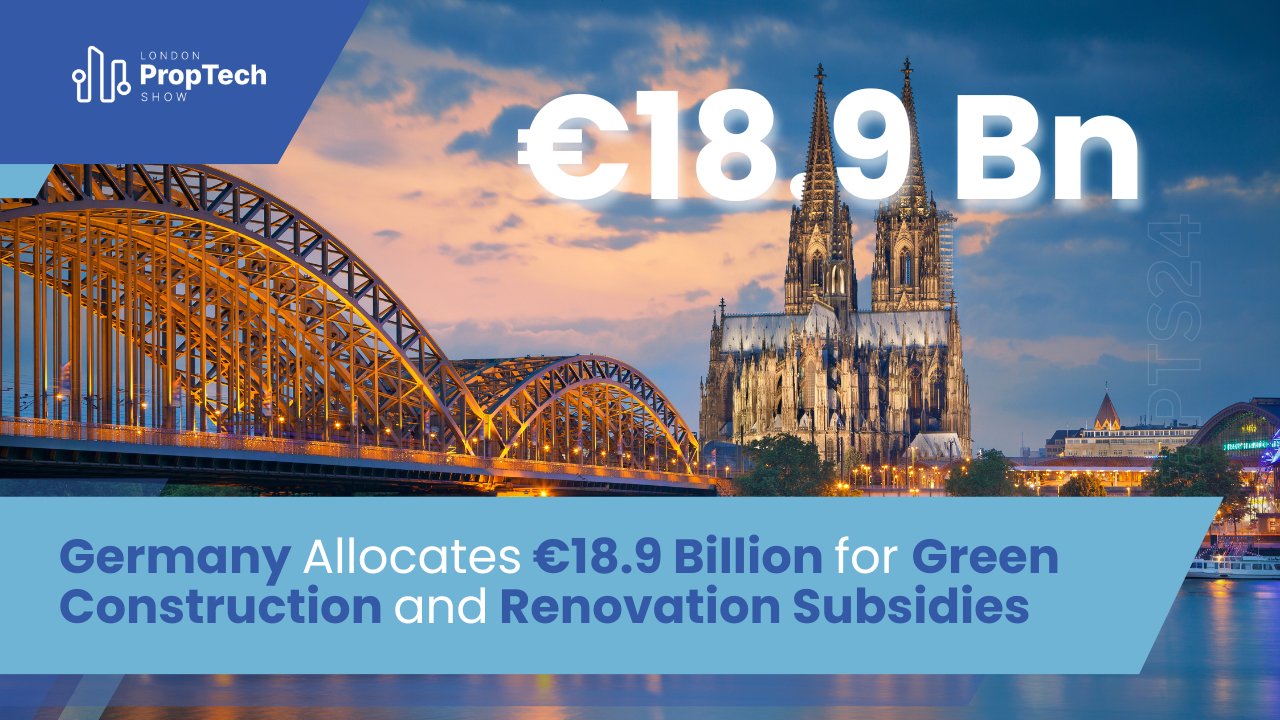August 10, 2023: In a significant move towards achieving its ambitious net-zero emissions goal by 2045, Germany's cabinet has given the green light to a substantial investment of €18.9 billion (US$20.8 billion) in subsidies for the building sector. The funds are aimed at promoting the construction of energy-efficient structures and the renovation of existing buildings to align with stringent environmental standards.
This allocation represents the largest portion of a broader €57.6 billion ($63.2 billion) package earmarked for various green investments in the upcoming year, marking a remarkable increase of 60.2% from the previously set 2023 target, as announced by the finance ministry.
Germany's commitment to sustainability and renewable energy has gained further momentum with this substantial financial injection. A significant portion of the funds, approximately €12.6 billion, will be directed towards supporting renewable energy initiatives. In parallel, the country is taking steps to expand its electric mobility infrastructure with an allocation of €4.7 billion.
Recognizing the importance of reducing dependence on Chinese imports, Germany aims to bolster its local production capabilities for raw materials and transformation technologies, particularly in the realm of solar power components. An impressive €4.1 billion in subsidies has been designated for this purpose in the coming year.
With the United States implementing generous subsidies through initiatives such as the Inflation Reduction Act, Europe's renewable energy production has taken on renewed significance. Germany's efforts to remain competitive and attractive to manufacturers have prompted additional investments and incentives to sustain the growth of its renewable energy sector.
A notable portion of the subsidies, amounting to €4 billion, will support the production of semiconductors in alignment with a comprehensive €20 billion support package for the industry. As part of this initiative, €5 billion will be directed towards Taiwan's TSMC to establish a manufacturing facility in Saxony.
The proposed plan, which encompasses both the CO2 pricing adjustments and the 2024 federal budget draft, is scheduled for discussion in the lower house of Parliament in September. A final decision on the comprehensive financial strategy is anticipated later in December.
Germany's unwavering commitment to sustainable development and carbon reduction underscores its determination to emerge as a global leader in the transition to a greener and more sustainable future.


